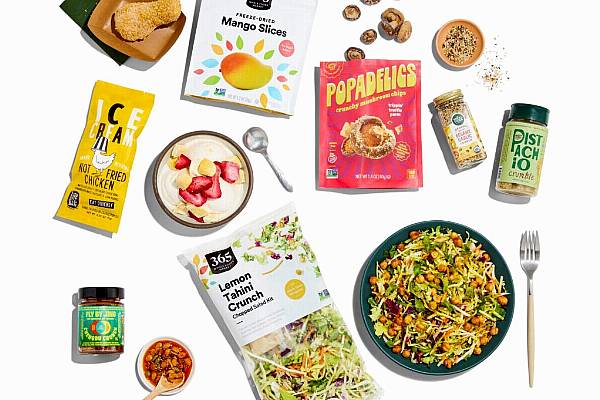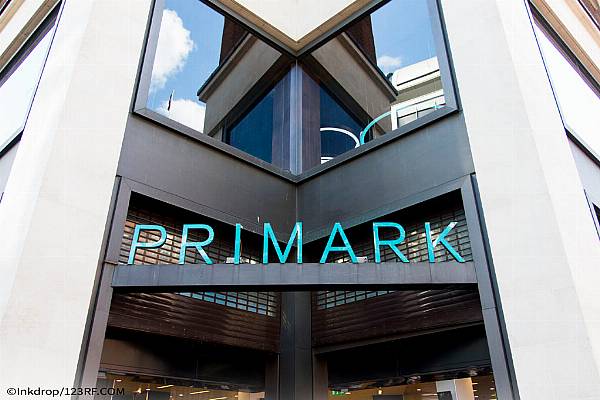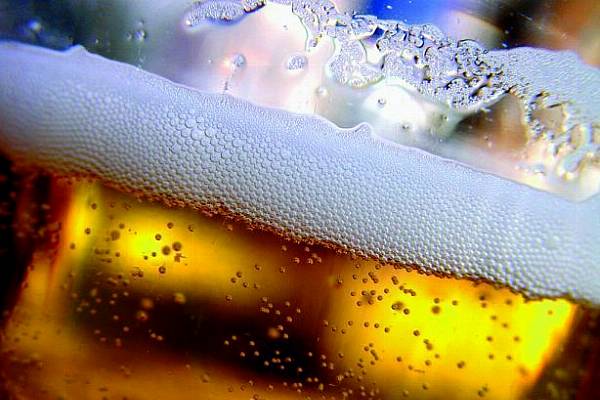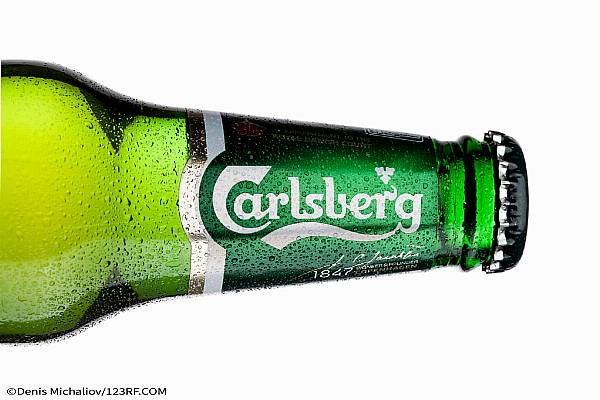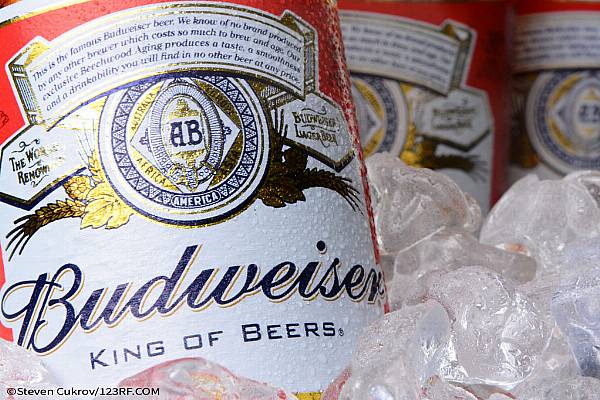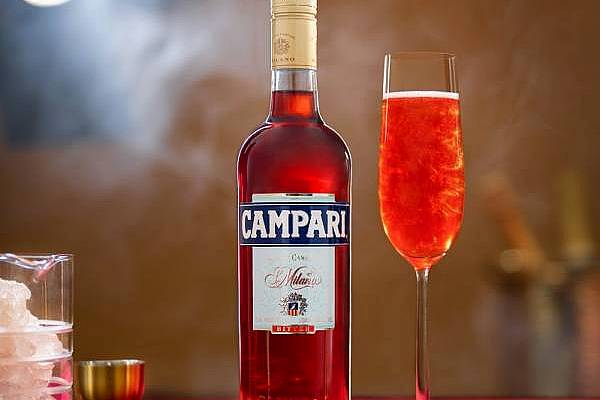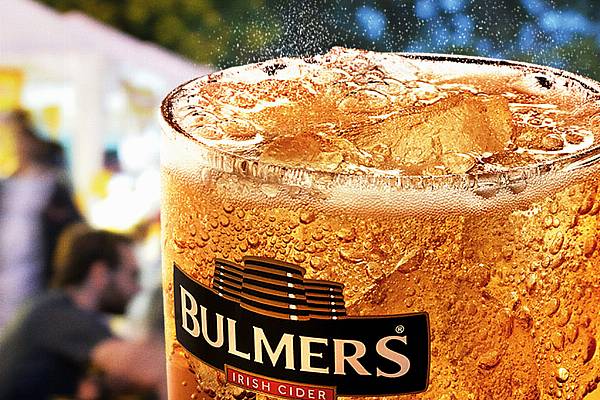For Nestle SA, life at the top of the $81 billion coffee market just got more difficult.
The world’s biggest coffee maker, which derives about a fifth of its $100 billion in sales from java, faces a new number two after Mondelez International Inc. agreed to combine its coffee unit with its D.E Master Blenders 1753 BV.
The new company, Jacobs Douwe Egberts, is the latest step by Master Blenders owner JAB Holding Co. to create a caffeine-fueled global powerhouse in one of the few vibrant areas of the $1 trillion food and beverage sector.
That creates headaches for Vevey, Switzerland-based Nestle, whose coffee business has slowed of late after driving revenue and margin expansion for much of the past decade. Sales growth at the unit that includes most of the coffee portfolio has halved, while the single-serve Nespresso division has lost market share to copycats in Europe and failed to make a dent in the US.
“Nestle now has proper competition just at a time when they’re struggling,” Jonny Forsyth, an analyst at Mintel, said in a phone interview. “They should be worried.” Nestle declined to comment on the new company.
The combination is the largest in an industry that has rapidly consolidated in the past five years, with more than 100 deals worth almost $23 billion, according to data compiled by Bloomberg. The largest of those deals was Master Blenders takeover by JAB last year.
Single-Serve
With sales of $7.3 billion from brands such as Jacobs, Carte Noire, Douwe Egberts, and Senseo, the combined entity will control 16.3% of global coffee sales to Nestle’s 22.7%, according to Euromonitor. Measured by the volume of coffee sold, the new company will be even bigger than Nestle, Euromonitor said. More than 40% of its revenue comes from roast and ground coffee, while single-serve, the fastest-growing slice of the market, accounts for less than a fifth.
Europe will be Jacobs Douwe Egberts’s stronghold, with leading positions in France, Belgium and the Netherlands, and number two in Germany and the U.K. The new company will also improve its standing in China, where Nestle has more than 50% share, Forsyth said.
Master Blenders Chairman Bart Becht said the new company will look to outpace the broader coffee sector, which grew 6.9% last year, according to Euromonitor. A key part of the deal is Brazil, the world’s most attractive market, according to Wells Fargo. The country has a growing middle class trading up to more expensive blends.
“In the ever-changing world of coffee, this is a tectonic shift,” Ken Harris, managing partner at Cadent Consulting in Chicago, said by phone. “JAB was clear that they wanted to become larger and now they are laying out their action plan.”
‘Real Threat’
The combined portfolio represents a “very real threat” to Nestle, Euromonitor analyst Hope Lee said. Nestle’s coffee business has gone from hot to lukewarm. Sales growth in its powdered and liquid beverages unit slowed to 4.6%, excluding the impact of currency swings and acquisitions last year, compared with 8.9% in 2012 and 13% in 2011. Competition across Asia was “intense,” while Europe was “difficult” as discounters squeezed it on prices, Nestle said in February.
More troubling for Nestle is the single-serve category, which the company created with the 1986 introduction of Nespresso machines and has dominated ever since. There, it’s lost as much as 20% points of market share in some key countries to copycat capsules made by both Mondelez and Master Blenders, according to estimates by Andreas von Arx, a Helvea analyst. Nestle said in February that as many as 90 Nespresso-compatible capsules are on shelves now.
Green Mountain
Nestle has battled the knockoffs in courts across Europe, yet last month it raised a white flag. Faced with a probe by France’s competition regulator, the company offered to lift obstacles to rivals that make knockoffs in that country, Nespresso’s biggest market.
“The market for Nespresso-compatible capsules in Europe remains wide-open,” vox Arx said in a recent note. “It seems that Nespresso has turned into an open system.”
And in the US., where Keurig Green Mountain Inc. (GMCR) controls 85% of the single-serve coffee pod segment, Nespresso has had to supersize its Nespresso machine to appeal to Americans who prefer a big cup of Joe to a dainty shot. The US accounts for about 25% of the $10.8 billion single-serve coffee market, second only to Europe, according to Euromonitor.
’Huge Bet’
“Nestle is placing a huge bet on Nespresso in the US and that has to work,” said Harris, of Cadent Consulting.
Coca-Cola Co.’s purchase of a 10% stake in Keurig Green Mountain earlier this year “has made the situation even more challenging” for Nestle, Euromonitor’s Lee said, as it strengthens Keurig’s financial position. Meanwhile, Starbucks Corp. (SBUX), the world’s largest coffee-shop operator, has been pushing into grocery stores with brands like Via instant coffee, which competes with Nestle’s Nescafe.
To be sure, Nestle has advantages over the new kid on the block. Its operating profit margins in regular coffee are over 20% and more than 30% for Nespresso, Helvea estimates. At Jacobs Douwe Egberts, margins will be around 18.3%, Nomura analyst David Hayes estimates. Integrating the units will also create disruption. Nestle shares rose 0.4% in Zurich trading today, in line with the market.
Still, competition could heat up even further if Becht pulls off another deal.
Coffee “is our bread and butter,” he said. “Further consolidation in the coffee industry offers possibilities for us, so we will continue to look at opportunities down the road.”
Bloomberg


